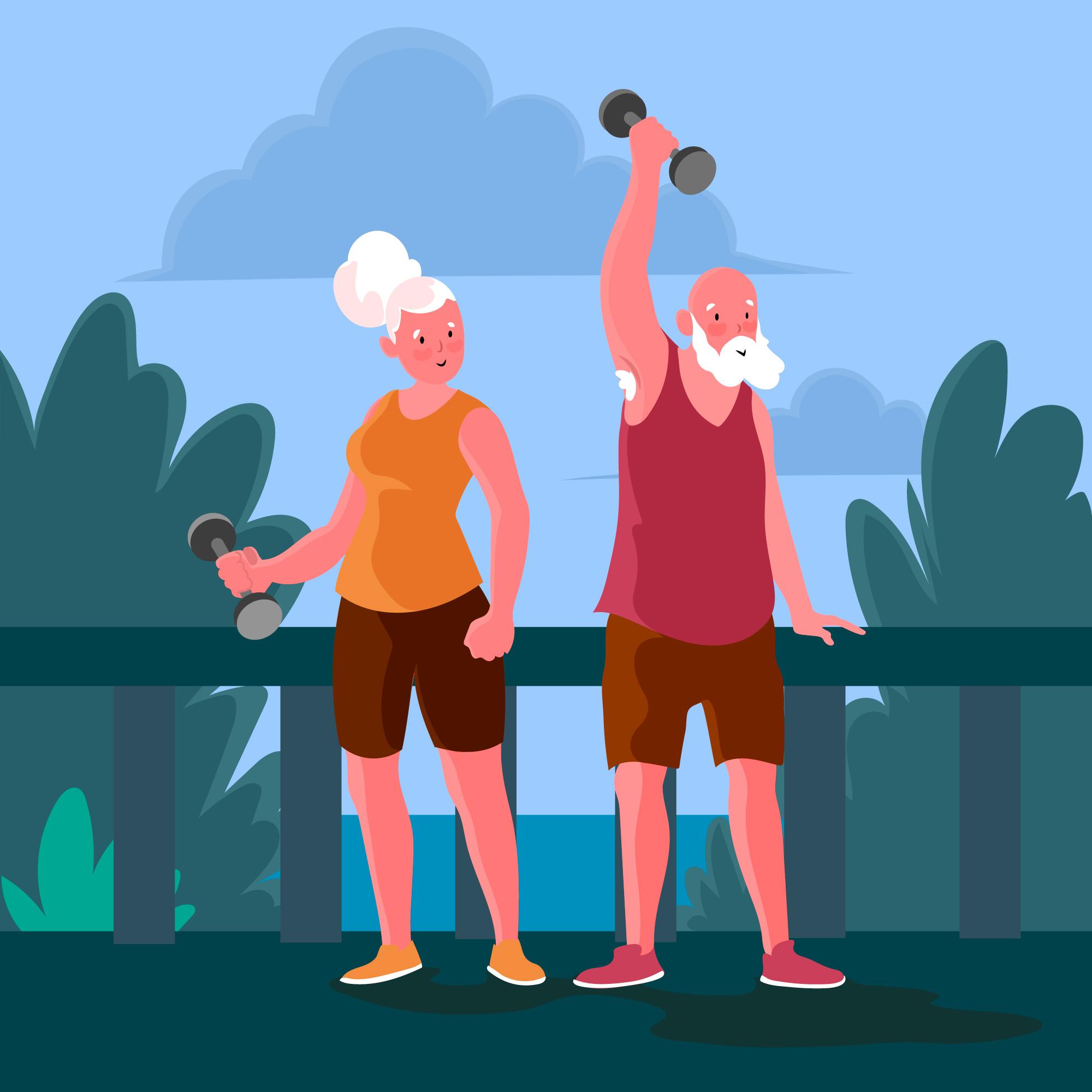
The Role of Hormones in Frozen Shoulder in Specific Populations: Athletes, Seniors, etc.
Introduction: Hormones and Frozen Shoulder Across Populations
Frozen shoulder, or adhesive capsulitis, can affect people from all walks of life. Some groups, like athletes and seniors, may have a higher risk due to unique factors, including hormonal changes. This blog explores how hormones influence frozen shoulder in specific populations, including athletes and seniors.
Understanding Frozen Shoulder in Specific Populations
Athletes and Hormonal Imbalances
Athletes engaged in repetitive overhead movements, such as swimmers or tennis players, place significant strain on their shoulder joints. Intense training regimens or strict diets can lead to hormonal fluctuations. These changes might disrupt tissue healing, increase inflammation, and contribute to the development of frozen shoulder.
Seniors and Age-Related Hormonal Changes
Seniors often experience hormonal shifts, like reduced estrogen in women and lower testosterone in men. These changes can impair joint flexibility, reduce tissue elasticity, and heighten inflammation, increasing their susceptibility to frozen shoulder.
Hormonal Imbalances and Their Impact
Hormonal imbalances can significantly influence the development of frozen shoulder. They may contribute to increased inflammation, delayed tissue repair, and reduced joint mobility. Identifying these imbalances allows for better prevention and treatment strategies tailored to each population’s needs.
Conclusion: Managing Frozen Shoulder with Hormonal Insights
Frozen shoulder affects diverse populations, but understanding hormonal influences in specific groups is key to effective management. Targeted interventions addressing hormonal imbalances can help reduce risks, improve shoulder mobility, and support overall joint health.
To seek medical advice, always consult a Doctor. Here are our recommended experts. Click Here
To read more on Frozen shoulder. Click Here


